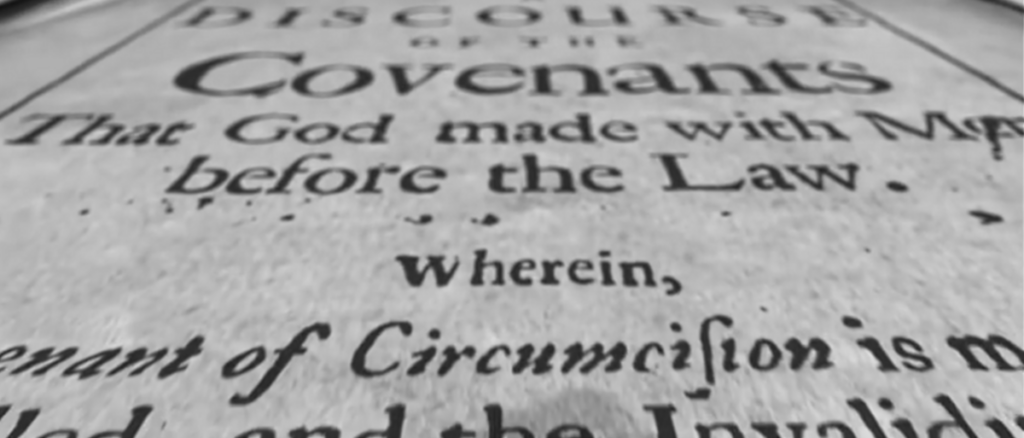A question I regularly receive is, “Is theonomy compatible with 1689 Federalism?” The answer, for so many different reasons, is no. This information is inconvenient to the few Reformed Baptists out there who also claim to be theonomists, much to their own confusion. They may be theonomists. But if so, they don’t hold to 1689 Federalism.
I ran across this resource and want to share it with you. A few excerpts…
As appealing as theonomy may be for its apparently simple answer to a difficult subject, it is actually entirely (100%) incompatible with 1689 Federalism. Theonomy, properly defined as the belief that all nations today are obligated to obey Israel’s judicial laws because they have not been abrogated, relies upon an extreme version of the “one substance, multiple administrations” view of covenant theology. It stresses that the Old Covenant is really just the Older Covenant and the New Covenant is just the Newer Covenant – both being administrations of the covenant of grace. Since 1689 Federalism rejects this model, there is no way to hold to both theonomy and 1689 Federalism.
Again, the author concludes…
To be clear, LBCF chapter 19 affirms that the moral law, the decalogue, continues to guide Christians as a rule of righteousness. The difference, however, is that moral law does not continue to guide by virtue of its unabrogated Mosaic establishment. It continues to guide as universal moral standard that transcends all covenants.
And again…
The death penalty instituted under the Old Covenant for violation of the moral law was not itself part of the moral law. It was an addition to the moral law given by way of covenant. The shedding of blood by man for violation of the moral law was specifically a curse. Theonomists who believe Christians should enforce Mosaic curses for violation of the moral law are putting Christians under a covenant of works that we have been freed from (Gal 5:1; Acts 15:10).
Contrasting the words of Gary North and Greg Bahnsen with John Owen, this website (1689 Federalism) makes abundantly clear that theonomy is fundamentally incompatible with proper view of Covenant Theology and particularly that espoused by the 1689 LBC.
Oh, and be sure to check out their links at the bottom of the article.
[Contributed by JD Hall]











